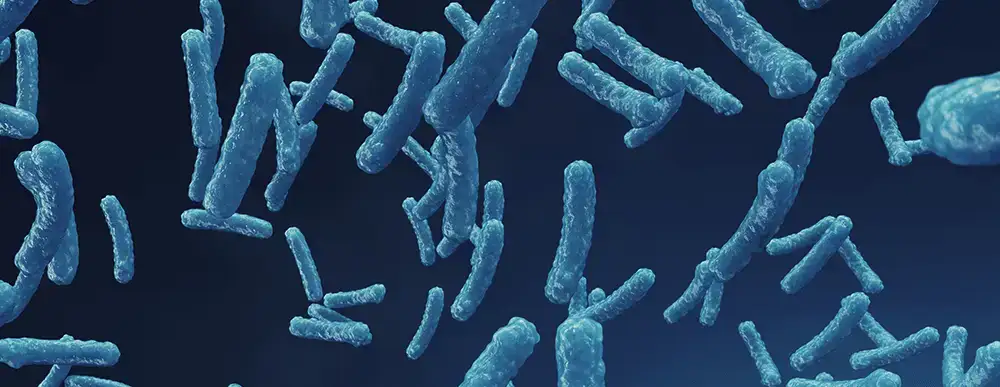By Candice Hutchins, RN
Salmonella causes about 1.35 million infections, 26,500 hospitalizations, and about 400 deaths every year in the United States. E. Coli cause about 265,00 infections and about100 deaths yearly. Hepatitis causes an estimated 3,000 infections yearly, but that number may be higher because most people have no or mild symptoms and don’t see a doctor.
Salmonella is a common infection that affects the intestinal tract. Salmonella infections are caused by eating contaminated food, drinking contaminated water, or touching infected animals, their feces, or their environment. Symptoms usually include diarrhea, fever, stomach cramps, and some may have nausea, vomiting, or a headache. Symptoms usually begin six hours to six days after infection and last four to seven days. Salmonella is diagnosed with a laboratory test that detects the bacteria in the stool, body tissue, or body fluids.
Risk factors for getting a Salmonella infection include international travel, owning a pet bird or reptile, antacids, inflammatory bowel disease, and recent use of antibiotics. Most of the time Salmonella infections are not life threatening and people recover within five to seven days but people with weakened immune systems, infants, young children, those sixty-five and older, and pregnant women can develop complications and possibly require antibiotics to treat. These complications include dehydration, bacteremia, meningitis, endocarditis, osteomyelitis, and reactive arthritis. Ways to prevent Salmonella infections include storing raw meat, poultry, and seafood away from other food in the fridge, avoid eating raw eggs, wash fruits and vegetables, and wash hands after handling raw meat, changing a diaper, or going to the bathroom. The best thing to do when sick with Salmonella is to drink plenty of fluids to prevent dehydration.
Most E. Coli bacteria are harmless or cause relatively brief diarrhea, but some can cause severe stomach cramps, bloody diarrhea, and vomiting. Symptoms usually begin three to four days after exposure. The most common causes are eating contaminated food such as ground beef, unpasteurized milk, and drinking contaminated water. Healthy adults usually recover within a week. Young children and the elderly are at most risk of developing hemolytic uremic syndrome which is a life-threatening form of kidney failure. Seek medical attention if your symptoms become severe.
Risk factors for getting an E. Coli infection include your age, having a weakened immune system, eating certain types of food, the time of year (most infections occur June through September), and decreased stomach acid levels. Ways to prevent and E. Coli infection include avoiding swallowing water from lakes and pools, wash your hands after preparing or eating food, using the bathroom, and after contact with animals, avoid unpasteurized dairy products or juice, cook hamburgers until wee done, wash raw produce thoroughly, wash utensils thoroughly, and keep raw foods separate. E. Coli is diagnosed by sending a stool sample to a lab for testing. There is no current treatment that can cure E. Coli but there are some things you can do if you get sick. Make sure to drink plenty of fluids, avoid apple and pear juice, caffeine, and alcohol. Avoid eating dairy products, fatty foods, high fiber, and highly seasoned foods.
Hepatitis A is an infection of the liver caused by a virus. Hepatitis A is vaccine preventable and very contagious. It is spread through close personal contact with an infected person or eating contaminated food or drink. Symptoms include fever, fatigue, nausea, stomach pain, dark urine, joint pain, diarrhea, clay-colored bowel movements, intense itching, and jaundice and can last up to two months. Those at an increased risk are international travelers, those who use illegal drugs, those with occupational exposure risk, and the homeless. Adequate chlorination of water and Properly cooking food can decrease the risk of getting Hepatitis A but the best prevention is to be vaccinated. If there is an outbreak of Hepatitis A those at an increased risk should be vaccinated. Make an appointment with your doctor if you have symptoms of Hepatitis A.
Candice Hutchins is a registered nurse and has been working at the Health West Pediatrics clinic since April of 2019.









